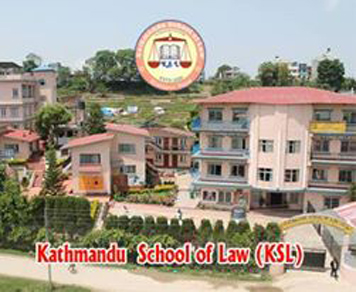Case Stories
A Juvenile’s right protected through a habeas corpus writ
October 10, 2014
Mr. S. Tamang (name changed) 15, was found guilty for the crime of drug/Brown sugar case and Kathmandu District Court issued punishment of 4 years’ of imprisonment and NRs 11,000 fine for him on 16th Ashad, 2067. Being a minor, he was shifted to the Child reform home Bhaktapur for the execution of punishment. Apart from it, he paid the amount of fine in cash.
In the Child reform home he was appointed as teacher as per the Rule 31(2) of Prison Rule 2020 B.S., from the 1st Shrawan, 2068 to the end of Ashad, 2070. At the time of appointment, he was promised to provide the facility as in Rule 29(2) of Prison Rule which stipulates that a teacher will get five days per month deduction in imprisonment for teaching in reform home or in prison. In that case, he was supposed to be free from the imprisonment 4 months earlier from punishment period for teaching two years in reform home. However, the Ministry of Home Affiar denied giving him such facility even though the Child Reform Home recommended for the facility.
With the pro-active help from the CeLRRd, Mr. Tamang filed a writ of habeas corpus claiming the same facility and accusing that he is now in illegal detention in Child Reform Home. He also claimed that with that act, the government (defense) has infringed his Fundamental Rights inscribed in Article 12(2) and 13 of Interim Constitution 2063 B.S.
The defense stated that as per the rule, the facility is only for the teacher appointed by the government through district education office. As Mr. Tamang had been privately appointed by Child Reform Home, he was not subjected to the facility.
The Supreme Court of Nepal stated that as Mr. Tamang had taught in Child Reform Home as per the Rule 31(2) of Prison Rule 2020, he was subjected to get the facilities inscribed in Rule 29 of the same Rule. Court also stated that since the petitioner was promised to provide the facility while giving him the appointment it should not be denied. Court gave the order to the concerned authority to release Mr. Tamang as his period of imprisonment already ended with the enjoyment of the facility.
In this case, CeLRRd played very important role in promoting access to justice and protecting fundamental rights of the prisoner. Apart from that, generally writ of Habeas corpus applied in the protection of fundamental rights of the people i.e. from illegal imprisonment during pre-trial phase. In this case, exceptionally CeLRRd applied this writ of habeas corpus in protecting post-trial rights of the prisoner and this case can be a landmark case for the protection of post-trial rights of prisoner who are in the prison even after they have finished their period imprisonment.



